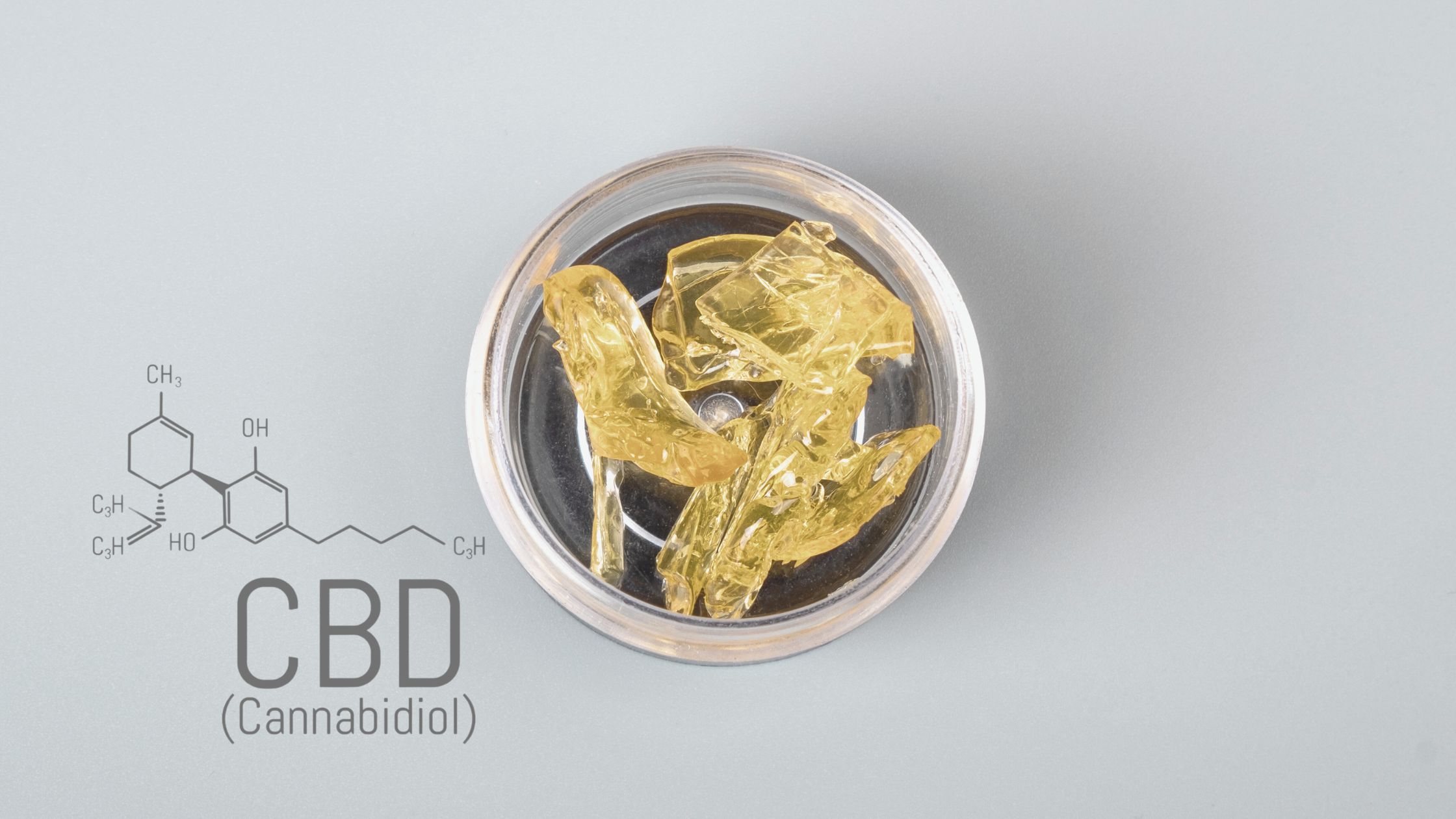Understanding THCA
If you’ve been exploring the world of cannabis, you might have come across the term THCA (tetrahydrocannabinolic acid). As interest in cannabinoids grows, questions often arise regarding their safety and effects. One common question is, Is THCA bad for you? In this article, we’ll delve into what THCA is, its benefits and concerns, and what you need to know about this intriguing compound.
What is THCA?
THCA is a naturally occurring compound found in raw cannabis plants. It is the acidic precursor to THC (tetrahydrocannabinol), which is the well-known psychoactive component of cannabis. In its natural form, THCA does not produce the euphoric high typically associated with cannabis use. Instead, it offers a different set of potential health benefits that are gaining attention among researchers and consumers alike.
How THCA Works in the Body
THCA interacts with the endocannabinoid system (ECS) in the body. While it doesn’t bind strongly to the cannabinoid receptors like THC does, some studies suggest it may influence various physiological processes. This interaction is what makes THCA an interesting topic of study for its potential therapeutic applications without the psychoactive effects.
The Benefits of THCA
Despite the questions surrounding its safety, THCA may offer several benefits that could make it a valuable addition to a wellness routine.
Potential Health Benefits
Research into THCA is still in its early stages, but several potential benefits have been identified:
Anti-Inflammatory Properties
One of the most promising aspects of THCA is its potential anti-inflammatory effects. Inflammation is at the root of many chronic conditions, and reducing it can lead to improved health outcomes. Some studies suggest that THCA may help alleviate inflammation without the high that THC produces, making it an appealing option for those looking for natural relief.
Neuroprotective Effects
There’s also growing interest in THCA’s potential neuroprotective properties. Some research indicates that THCA may help protect brain cells from damage, which could have implications for neurodegenerative diseases like Alzheimer’s and Parkinson’s. However, more research is needed to fully understand these effects.
Concerns About THCA
While THCA has its benefits, it’s essential to consider any potential concerns or risks associated with its use.
Is THCA Safe to Consume?
In general, THCA is considered safe for most people, especially when consumed in its raw form, such as in salads or juices. However, the method of consumption can affect safety. For instance, smoking THCA may introduce harmful byproducts into the lungs.
Potential Side Effects
Even though THCA is non-psychoactive, some users may experience side effects related to consumption methods.
Respiratory Issues from Smoking
If you choose to smoke THCA, the combustion process can produce harmful substances, including tar and carcinogens, which can lead to respiratory issues over time. For those concerned about lung health, alternative methods of consumption like vaporizing or using edibles might be safer options.
Effects on Mental Clarity
While THCA itself doesn’t produce a high, some users report that smoking or consuming products high in THCA can lead to temporary feelings of fogginess or lack of focus. Individual reactions can vary, so it’s important to listen to your body and adjust your intake accordingly.
User Experiences with THCA
The experiences of individuals using THCA can provide valuable insights into its effects.
Anecdotal Evidence
Many users report positive experiences with THCA, noting its potential benefits for conditions like chronic pain, inflammation, and nausea. Some users appreciate that THCA allows them to manage symptoms without feeling high, which can be advantageous for those who need to maintain focus and productivity.
Scientific Research Insights
While anecdotal evidence is valuable, scientific research is crucial for understanding the full spectrum of THCA’s effects. Ongoing studies are examining the therapeutic potential of THCA and its safety profile, which will contribute to a more comprehensive understanding of this compound.
Legal Considerations
Understanding the legal status of THCA is essential for consumers.
The Legal Status of THCA
THCA derived from hemp is generally legal in many areas, especially after the 2018 Farm Bill in the United States. However, regulations can vary by state and country, so it’s important to check local laws before purchasing or using THCA products.
Regulations Surrounding THCA Products
While THCA itself may be legal, products containing THCA might not always be regulated. Look for reputable sources that provide third-party lab testing results to ensure the product’s quality and safety.
Conclusion
So, is THCA bad for you? Generally, THCA is considered safe for consumption, particularly in its raw form. While it may offer potential health benefits, it’s essential to be aware of how you consume it. Smoking THCA could introduce risks associated with combustion, but alternative methods like vaporization or edibles can provide safer options. Understanding your body’s response and choosing quality products will help you make informed decisions about incorporating THCA into your wellness routine.
Frequently Asked Questions
Can THCA get you high?
No, THCA is non-psychoactive and does not produce a high unless converted to THC through heating.
What are the health benefits of THCA?
THCA may offer anti-inflammatory, neuroprotective, and anti-nausea properties.
Is it safe to smoke THCA?
While THCA is generally safe, smoking it can produce harmful byproducts. Consider alternative consumption methods for better safety.
How can I consume THCA safely?
You can consume THCA raw in salads or smoothies or through heating methods like vaping or cooking.
Is THCA legal?
Yes, THCA derived from hemp is generally legal, but it’s essential to check local regulations for compliance.

